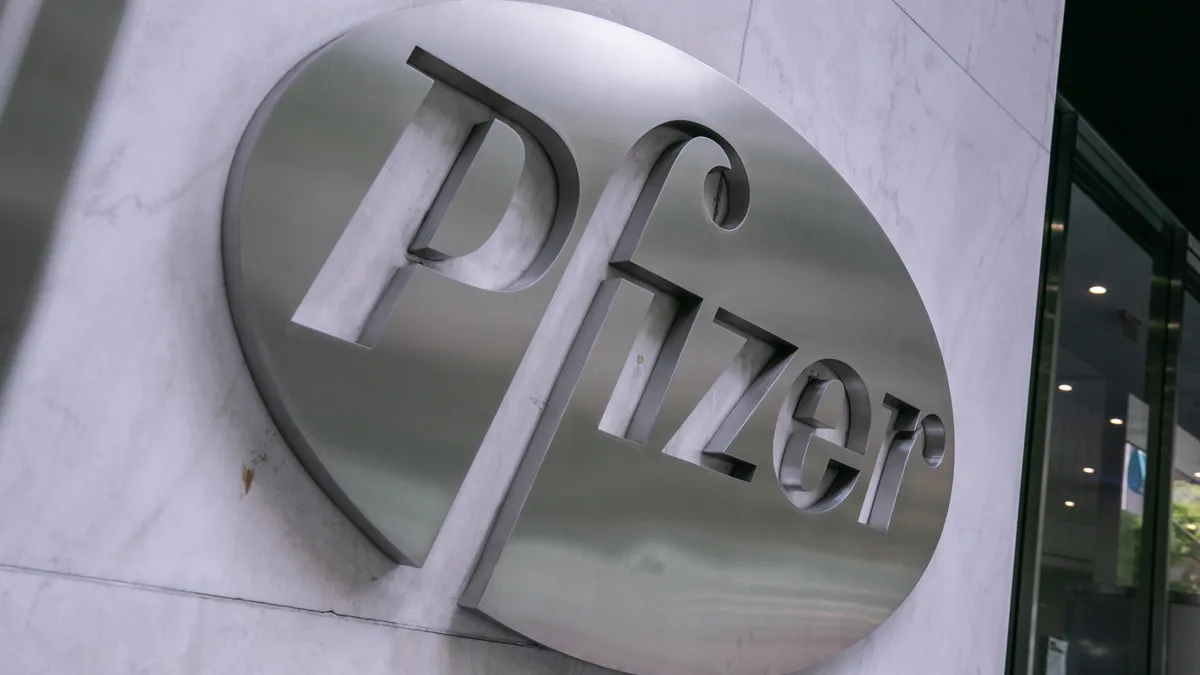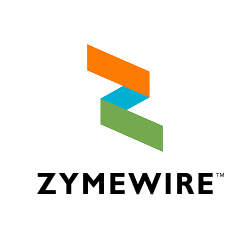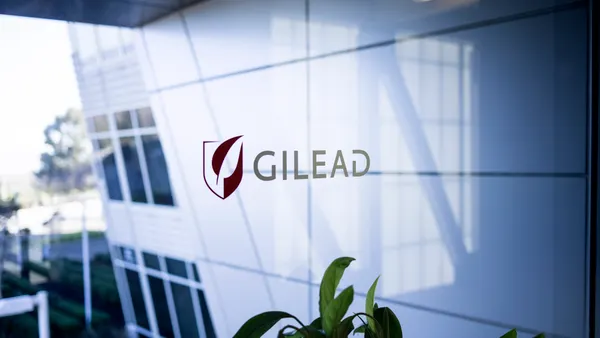Dive Brief:
- The Food and Drug Administration on Tuesday expanded the approval of Pfizer’s RSV vaccine Abrysvo to include adults aged 18 to 59 years who are at an increased risk of disease from respiratory syncytial virus.
- The vaccine was previously cleared in adults aged 60 years and older, as well as in pregnant women who are between 32 and 36 weeks gestation. With the latest expansion granted by the FDA, Pfizer claims its vaccine now holds the “broadest” indication for adults.
- In June, the Centers for Disease Control and Prevention tightened its guidance for RSV vaccination in older adults, and delayed making recommendations for adults younger than 60. Advisers to the CDC are set to discuss RSV vaccine data this week, but aren’t scheduled to vote on guidance for younger adults.
Dive Insight:
The U.S. is entering the second RSV season in which vaccines for the virus are available for older adults.
Yet, despite three options on the market from Pfizer, GSK and Moderna, uptake has been slow so far this season. In a note to clients earlier this month, Jefferies analyst Michael Yee noted how vaccination is both tracking slower than last year and lower than analysts had expected.
One factor could be recommendations from the CDC, which doesn’t currently advise previously vaccinated individuals get another shot just yet. The agency also narrowed its guidance to focus on higher-risk adults who are over the age of 75 years.
The new FDA approval broadens the number of people who are eligible for Abrysvo, and could spur new uptake among younger adults who haven’t yet received a vaccine.
GSK also recently received an expanded approval of its RSV shot Arexvy in adults aged 50 to 59 years who are at an increased risk of disease.
However, it’s unclear when the CDC might update its recommendations, or whether it will urge previously vaccinated adults to eventually get another dose.
The FDA based its decision on data from a Pfizer trial dubbed MONeT, which studied adults who were at risk of RSV-related disease due to their chronic medical conditions. The company also recently disclosed fresh data from a MONeT substudy that showed vaccination led to strong immune responses in immunocompromised adults.
Pfizer plans to publish MONeT results in an academic journal and present them at a future medical meeting.















